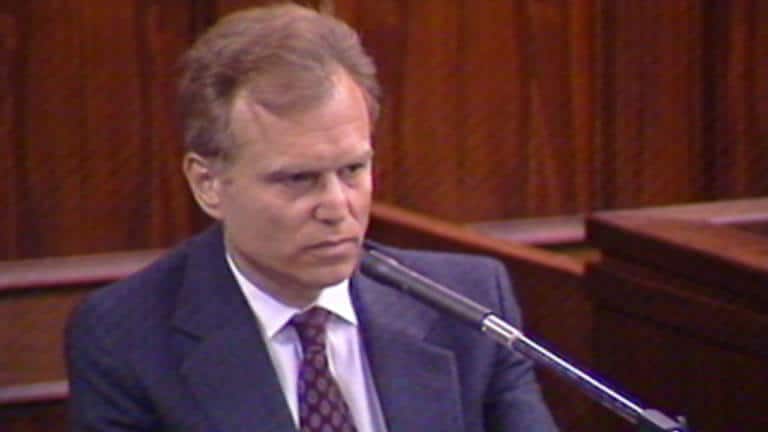In the early 1990s, the Menendez brothers’ trial captivated the nation, thrusting Dr. Jerome Oziel into the spotlight as a central figure in the case. As the therapist of Lyle and Erik Menendez, Dr. Oziel played a pivotal role, with his tapes of their sessions providing crucial evidence. But what became of Dr. Oziel after the trial?
Dr. Jerome Oziel was a licensed psychologist based in Beverly Hills when he began counseling the Menendez brothers. During their sessions, the brothers confessed to the murder of their parents, a confession Dr. Oziel recorded. These tapes later became a focal point in the trial, leading to debates over doctor-patient confidentiality and legal ethics.
Following the trial, Dr. Oziel faced significant professional challenges. His involvement in the case led to scrutiny from both the public and the professional community. In 1994, the California Board of Psychology revoked his license due to ethical violations related to the Menendez case, as well as unrelated allegations.
After losing his license, Dr. Oziel shifted his career focus. He pursued opportunities outside of psychology, exploring various business ventures. Despite this career pivot, his expertise in mental health continued to inform his work, particularly in areas that required an understanding of human behavior and motivation.
Today, Dr. Oziel is not involved in direct counseling services, but he remains connected to the field of mental health support in different capacities. He has taken on roles that blend his psychological insights with business acumen, offering consulting services that draw upon his unique background.
Though Dr. Oziel’s professional life took a dramatic turn after the Menendez trial, he occasionally reflects on the case and its impact on both his personal and professional life. The case not only altered his career trajectory but also contributed to ongoing discussions about confidentiality, ethics, and the role of mental health professionals in legal proceedings.
In summary, while Dr. Oziel no longer practices as a psychologist, his journey post-Menendez trial demonstrates a resilience and adaptability that allowed him to carve out a new path. His story serves as a reminder of the complexities surrounding high-profile legal cases and the lasting impact they can have on those involved.
For those interested in mental health support and counseling services, Dr. Oziel’s story underscores the importance of ethical practice and the significant role therapists play in both personal and legal arenas.
